Banks in the U.S. eased policies for loans to businesses including real estate companies during the first quarter amid stronger demand for credit, according to a Federal Reserve survey.
For households, banks reported easier standards on consumer credit card and auto loans, the Fed said today in Washington in its quarterly survey of senior loan officers. The central bank surveyed 74 domestic banks and 23 U.S. units of foreign banks from April 1-15.
Every domestic bank that reported easing standards or terms on commercial and industrial loans “cited more-aggressive competition from other banks or non-bank lenders as an important reason for having done so,” the Fed said. “Smaller numbers of banks also attributed their easing to a more favorable or less uncertain economic outlook and increased tolerance for risk.”
Record lending by U.S. banks is helping the economy rebound from a lull brought on by unusually harsh winter weather. The Federal Open Market Committee last week said the expansion is gaining strength as it continued to taper the monthly pace of bond purchases.
More domestic banks said they eased standards on all three types of commercial real estate loans included in the survey: construction and land development loans, loans backed by nonresidential buildings and loans secured by multifamily residential structures. For all three categories, “reports of stronger demand also outnumbered reports of weaker demand at domestic banks,” the Fed said.
‘Mixed Changes’
For residential real estate, banks said standards on prime mortgages saw “mixed changes,” with both easier and tighter conditions. Reports on home equity lines of credit also were mixed, according to the survey.
In consumer lending, “several” domestic banks were more willing to make consumer loans compared with the previous quarter, the central bank said. Several large banks increased credit card limits.
Stepped-up lending by small banks signals the economy is improving, Fed Chair Janet Yellen said in a May 1 speech.
“After several years of reduced lending following the recession, we are starting to see slow but steady loan growth at community banks,” Yellen told an Independent Community Bankers of America gathering in Washington. “While this expansion in lending must be prudent, on balance I consider this growth an encouraging sign of an improving economy.”
The Fed said April 30 it will trim monthly bond purchases by $10 billion to $45 billion, putting the central bank on a course to end its unprecedented stimulus program by the close of 2014.
The FOMC said in a statement after a two-day meeting that it’s likely to keep the benchmark interest rate close to zero for a “considerable time” after bond buying ends.
